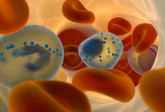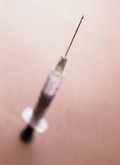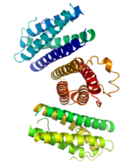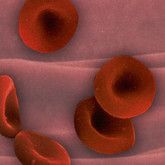Biosimilars/Research
|
Posted 20/09/2019
Among the many features needed to prove sufficient biosimilarity to a licensed drug produced in living organisms, is coherency of the three-dimensional structure. The integrity thereof is vital for the efficacy and safety of a biopharmaceutical, and even small and local structural changes may result in loss of function or cause undesired side effects for the patients. Reliable assessment of the detailed three-dimensional structure, however, requires laborious analytical methods like Nuclear Magnetic Resonance (NMR) or X-ray crystallography. Another option, epitope characterization using antibodies specific for the target biologicals, is restricted by the availability of appropriate, well-characterized antibody panels and typically involves animal experiments.













































